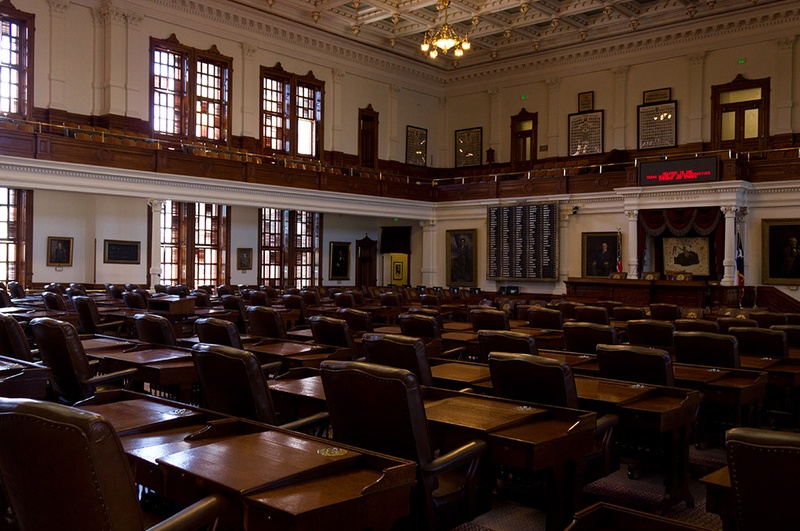
To all of you who have taken action in April, thank you so much for contacting your State Representative and Senator on HB 40. Unfortunately, the assault on individual and community rights continues. The House is about to vote on another bad bill that restricts the rights of citizens like you, and we're running out of time to stop it.
Put some serious pressure on them by making a call today!
Please take that extra step and call your State Representative today to tell them to vote no on another incredibly bad bill: SB 709 (and HB 1865).
What is it?
SB 709 (and its companion HB 1865) relates to the contested case hearing process which is often used to oppose or amend a pollution permit sought by corporations to build a landfill, power plant, cement kiln, or any facility with harmful emissions to land, air, or water. These hearings are the only opportunity to question polluting facilities under oath, before a judge, as to whether their proposals are safe for nearby residents. This bill not only applies to local residents trying to protect their homes and communities from harmful pollution, but also cities or counties who may want to intervene on such a permit.
SB 709 (and HB 1865) would limit the issues that could be raised during the contested case process and also the length of time of a hearing to 180 days from the preliminary hearing. It further shifts the burden of proof: meaning, concerned citizens have to prove the pollution is unsafe rather than the polluter, the so called expert, having to prove it is safe.
Click here to read our earlier statement on SB 709.
Don't be afraid to let your voice be heard. Your representative is supposed to represent you, not big corporate interests!
We need your voice today. The House is expected to vote on SB 709 or its companion HB 1865 on Thursday, April 30!
What can you say about SB 709 and HB 1865?
- Urge your Representative to oppose SB 709 and its companion, HB 1865, if either come up for a vote.
- These bills would restrict the ability of Texans to challenge pollution permits that may affect them, their families, and livelihoods. One of the only remaining spaces to do that is at the State Office of Administrative Hearings.
- The bill creates a presumption that the proposed pollution permit and accompanying documents are all the proof needed from an applicant, thus essentially shifting the burden of proof in a contested case hearing to the protestants.
- The bill gives nearly full discretion to the TCEQ to determine who is eligible to call for a hearing. The TCEQ should not determine such things.
- The bill limits the time for a contested case hearing to take place to within 180 days and limits the protest only to issues raised during the initial comment period.